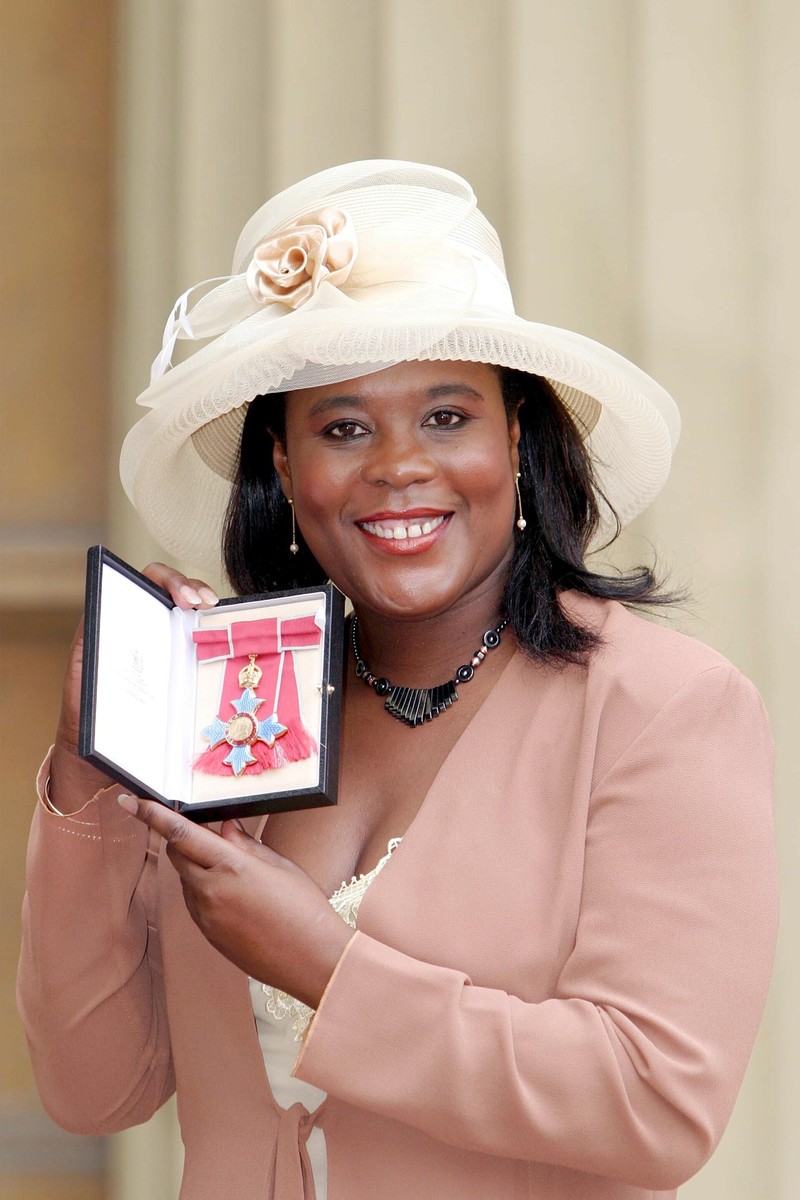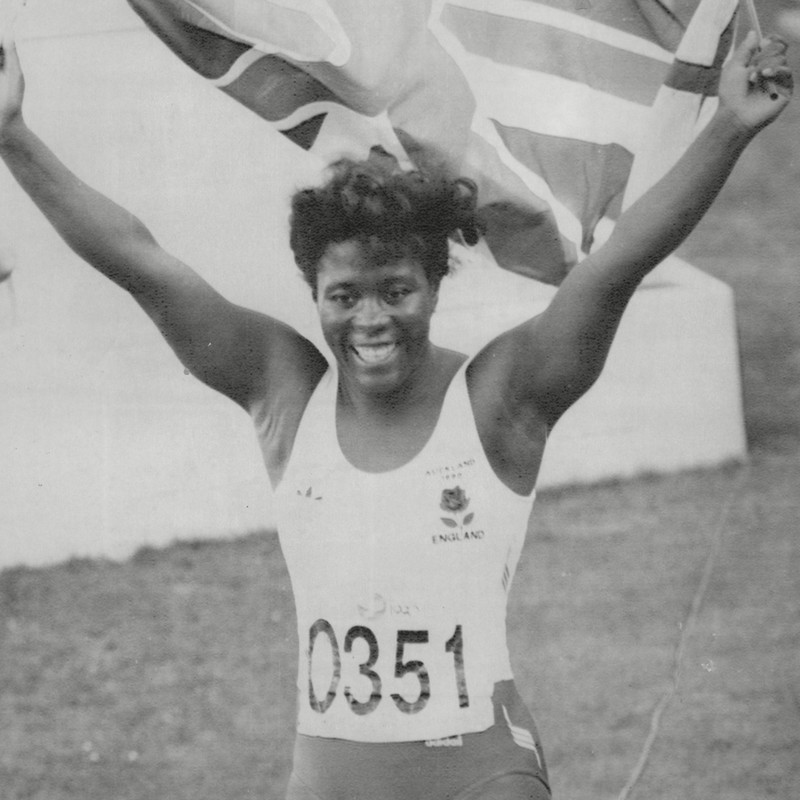
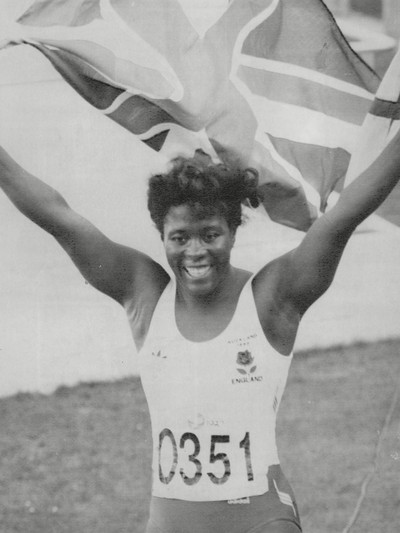
A Record-Breaking Olympian Talks Family, Next Chapters & More
Altogether, my international sporting career spanned about 28 years. I was born in Jamaica but came to the UK with my parents at the age of five, which is when I started doing little races at primary school. From the age of 13, I became very passionate about sports. I was very competitive at that age and once my teacher introduced me to an athletic club, it just got better from there.
Ending up in javelin was a bit of an accident. I threw a cricket ball 199 feet when I was 13 and my teacher saw my potential. Then, my friend – who was the best javelin thrower at school – challenged me to beat her on sports’ day. I did, and that was the beginning.
Growing up in Wolverhampton, I knew that sport would give me a ticket to see the world. I wasn’t worried about being away from home – we always had our teachers, coaches and guardians with us, and we often stayed at people’s houses, so it felt like a home away from home. I also just had this insatiable bug to see as much as I could.
I loved my junior competing days. They were so much fun and I had lots of friends doing the same thing. Even when I moved up to intermediate level, I didn’t start feeling the mental pressure. That only really came when I reached senior level. But everything felt like the next logical step – even after I’d won various competitions, I only wanted more. As long as I could keep travelling and doing and seeing things that I found interesting, I was happy to do it.
Throughout my career, I only had a couple of coaches. My first proper coach when I was about 15 or 16 taught me a lot. At that age, it’s really about developing the right mental attitude for competition and learning some of the psychological tricks that other competitors would try to use on you – things they’d say in the locker room to get in your head. He really taught me how to ignore it and do my own thing. When my career started to move into high gear, I met Wilf Paish. He stayed with me for the rest of my career. I also had a separate weight coach to make sure I could propel the javelin the way I needed to.
As early as the 1970s, I started thinking about going to the Olympics. I’d made my senior international debut in the javelin throw at the 1974 Commonwealth Games in Auckland, New Zealand, where I finished fifth. It was my first major loss and I was disappointed because I knew I was good enough to bring home the bronze. But I made an error – my toe was on the line and the red flag went up. I vowed I’d come back to New Zealand and put things right – which I did in 1990, when I won gold at the Commonwealth Games in Christchurch.
My first Olympic Games in Montreal was very special. Although I remember the accommodation was very cramped – there were about five of us in one room! But my favourite games have to be Barcelona in 1992 and Los Angeles in 1984. Barcelona was a rich man’s game – I was invited to stay on a boat for the first time and I got to meet Spike Lee. LA was obviously special because of my win, but what I really remember was how big and busy it was. It was very Hollywood – there was an area where you could go and get manicures, you could get your hair done and the accommodation was perfect. Muhammed Ali was there, and I got to meet some big names for the first time. It was a great Olympic Games.
When I walked out to the Olympic podium to get my medal, I was so nervous. My heart was racing like crazy, because I knew there were 69,000 people there that day and I had to stand on the middle podium because I was the best in the world at that time. The moment I got on there, I was just filled with emotion. I’d done my country proud and tears were filling my eyes. Then I remember God Save The Queen started playing – I raised my hand and I just couldn’t believe I’d done it. I’d had no sponsorship, my coach had to borrow a car to get to my competitions and my family had worked so hard to support me. That moment was just sheer bliss – there's no other way to describe it.
I actually started to think about retirement after the 1986 Commonwealth Games in Edinburgh. I won gold there but decided against it and focused on making the 1992 Barcelona Olympics. I finished fourth there, which is the worst place to finish, so I realised I was still hungry. Plus, Great Ormond Street set me a challenge to raise funds and see if I could compete, age 40, in Atlanta in 1996. I kind of knew that would be my last one – so I just enjoyed it. I saw lots of the city, went shopping and just had fun. By that point, my body was saying to me that I’d done all I could do and to just enjoy my accomplishments. There was nothing left to gain in competitive athletics.
I’d always wanted children – even before I finished competing. But it didn’t happen and then, by my early 40s, I started to do some rounds of IVF. Sadly, none was successful. My husband [former judo Olympian] Densign White and I hadn't even really got together yet, but the first night we went out for a meal, I told him I still wanted children. We were in our early 50s, so I figured it was worth finding out what he thought. He just said, “Anything you want to do.” I knew right then and there that this was the guy for me.
We went to an adoption agency and I explained I wanted to look at fostering. I think they were concerned because I wasn’t in my 30s or 40s, but I explained that I had lots of family nearby and I was used to early mornings and having lots of commitments. About six or seven months later, they called us to tell us they had three-month-old twins – a boy and a girl – in need of a foster home. I told Den – we were married by this point – and the next day we started the process.
Our fostering experience was really positive. It felt good having people check up on us, because it felt like having extra support. I loved the feeding, changing nappies and buying things for them to play with. Our family came round a lot and I’ve never ever regretted it. The twins are now 11 and being a mother has really filled a gap in my world. Even if I’d never got married, parenthood was always something I wanted. The twins came into my life when I was 57 and I do think if I hadn’t done professional sport, I’d have found it harder. But both Den and I were in good shape and used to having that kind of commitment, so it worked for us.
I've always loved fashion and beauty. And while I always took pride in my clothes and how I looked, for a long time it was difficult to find women who looked like me on the catwalk or in magazines. I can’t quite believe I became a model at 60. I’d never believed age should be a barrier, but I can’t quite believe I’m now a model for brands like Estée Lauder.
It’s been 40 years since I won gold in LA. Looking back, it's been a tremendous journey where I’ve had to fight back a lot. Getting my CBE was also great and there was a recent reception at the House of Lords to celebrate my 40th anniversary, which was wonderful. My coach was there, my teacher, who introduced me to athletics – and my girlfriends: Kelly Holmes, Christine Ohuruogu and Sharon Davies. We’ve all been at GB House during the Paris games too, which has been lovely. It’s an enormous privilege to still be an ambassador for Team GB.
At this point in my life, it’s now time for other plans. I’m an Estée Lauder ambassador, I love the speaking engagements that I'm doing and, of course, I’m a mother. Believe me, that keeps me busy. There’s no reason once you get past the age of 50 to think you don’t have to do anything. I still like being active, both in my body and in my mind. Now that the competitive element isn’t there, I enjoy walking with friends, I ride a bit and I like keeping my muscles and my brain healthy. These days, exercise and keeping fit is something I do purely for me and it’s the best feeling.
Follow @TessaSandersonCBE
DISCLAIMER: We endeavour to always credit the correct original source of every image we use. If you think a credit may be incorrect, please contact us at info@sheerluxe.com.
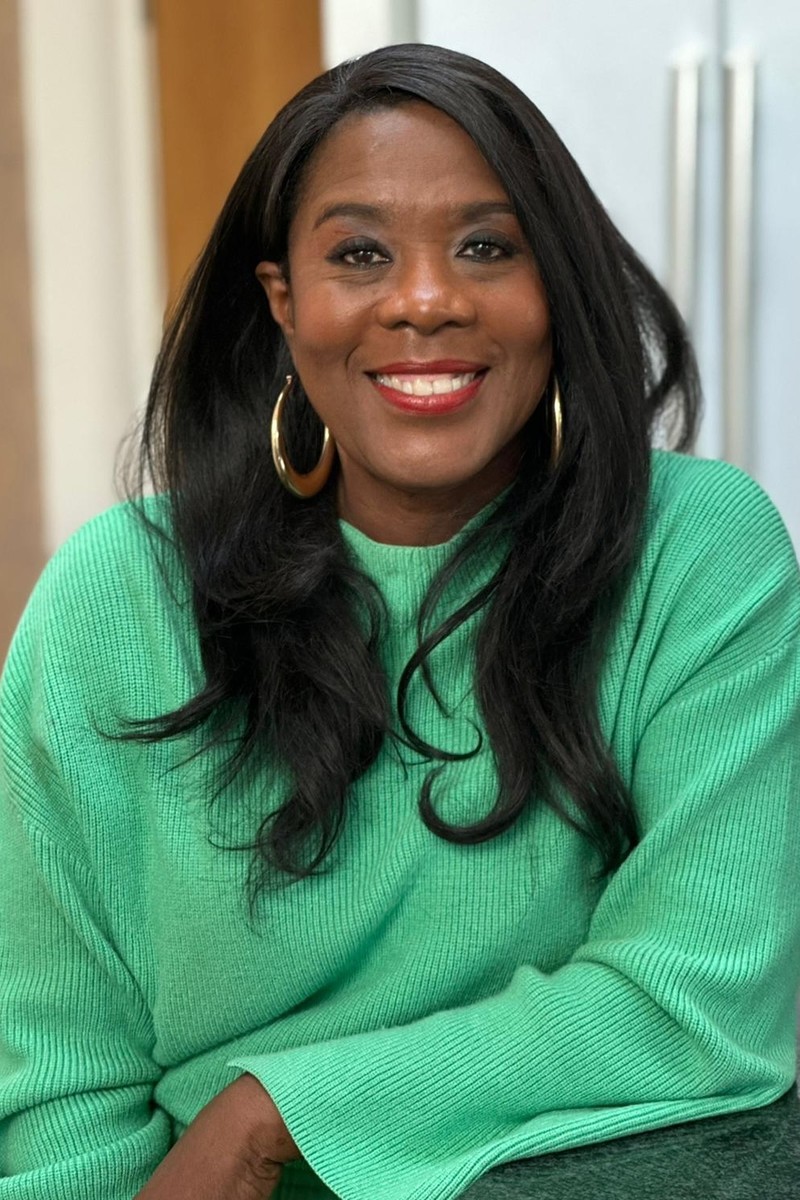
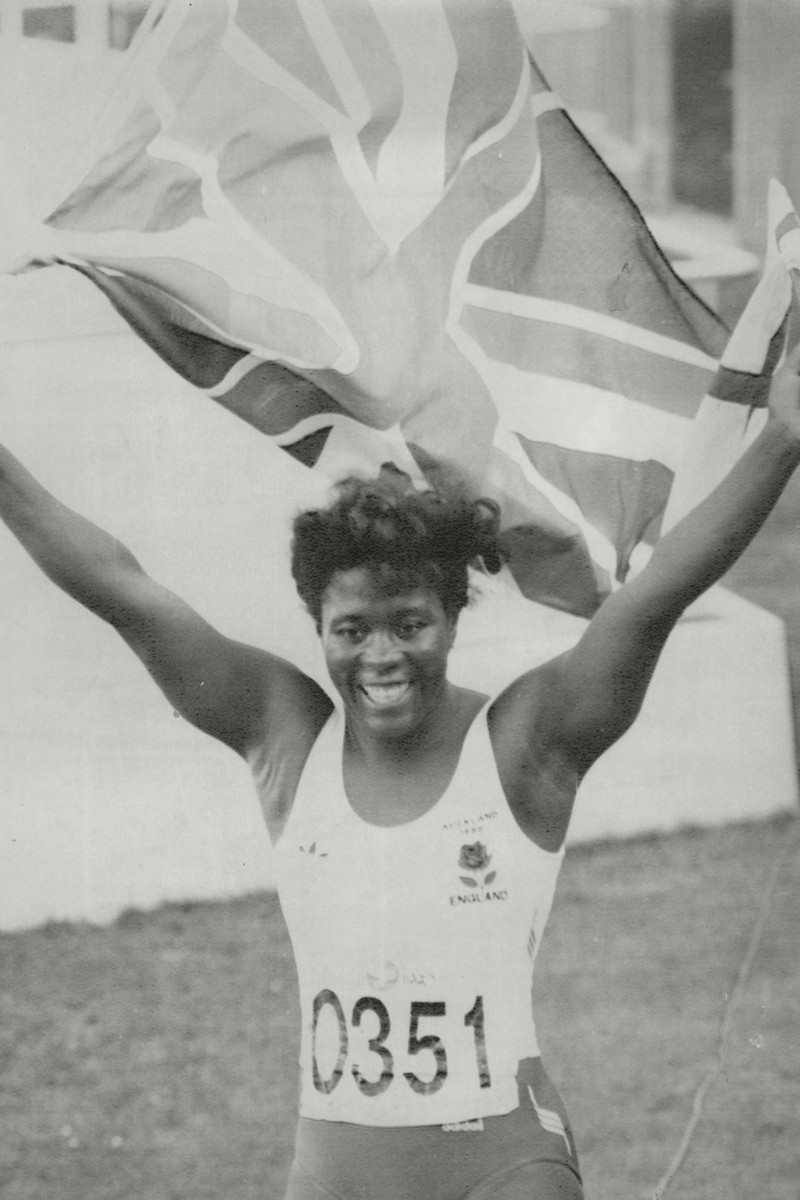
/https%3A%2F%2Fsheerluxe.com%2Fsites%2Fsheerluxe%2Ffiles%2Farticles%2F2024%2F08%2Fnew-tessa-sanderson-image-4.jpg?itok=gsqdySOW)
